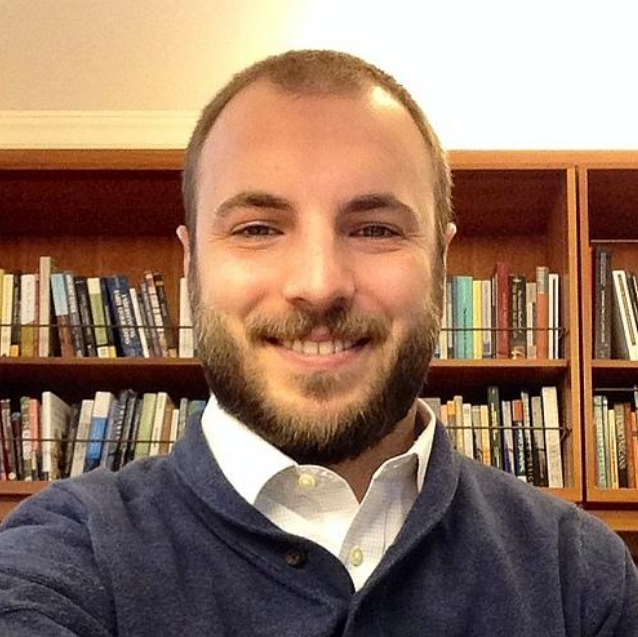
Lincoln, Neb.—Alex Knodell, an assistant professor in the Classics department at Carleton College and co-director of the archaeology program, will present the next lecture for the Archaeological Institute of America Omaha-Lincoln Society on Wednesday, Nov. 30.
His lecture, titled “Survey Archaeology and Long-Term History: Crossroads and Boundaries in an Ancient Greek Borderland” will be presented on Nov. 30 at 5:30 p.m. in the Dudley Bailey Library, 228 Andrews Hall. The lecture is free and open to the public.
The Mazi Archaeological Project (MAP) is a diachronic regional survey of the Mazi Plain, located in the Kithairon mountain range of northwest Attica, Greece. This area is characterized by its rich agricultural land and its critical location on a major land route between two of the most historically significant regions in Greece: Attica and Boeotia.
Territorial disputes in this borderland are attested from the Late Archaic period, and the region has marked importance for the study of Attic-Boeotian topography, mythology, and religion—especially at the sites of Oinoe (the outermost Attic Deme site) and Eleutherai (one of the best examples of fortress architecture in all of Greece).
This lecture will examine some of the survey results (2014-2016), which shed new light on the long-term history of this crossroads and borderland from prehistory to the present.
Knodell’s research focuses on archaeological approaches to landscapes and interaction in the ancient Mediterranean and Middle East, especially Greece and Jordan. His Ph.D. dissertation from Brown University examined network-driven approaches to social change in the Euboean Gulf in the Late Bronze Age and Early Iron Age, a project he is currently turning into a book.
Knodell co-directs the Mazi Archaeological Project, located in northwest Attica, Greece, which is a regional survey project and an international collaboration between Greek, Swiss and American archaeologists.
More details at: http://www.maziplain.org/